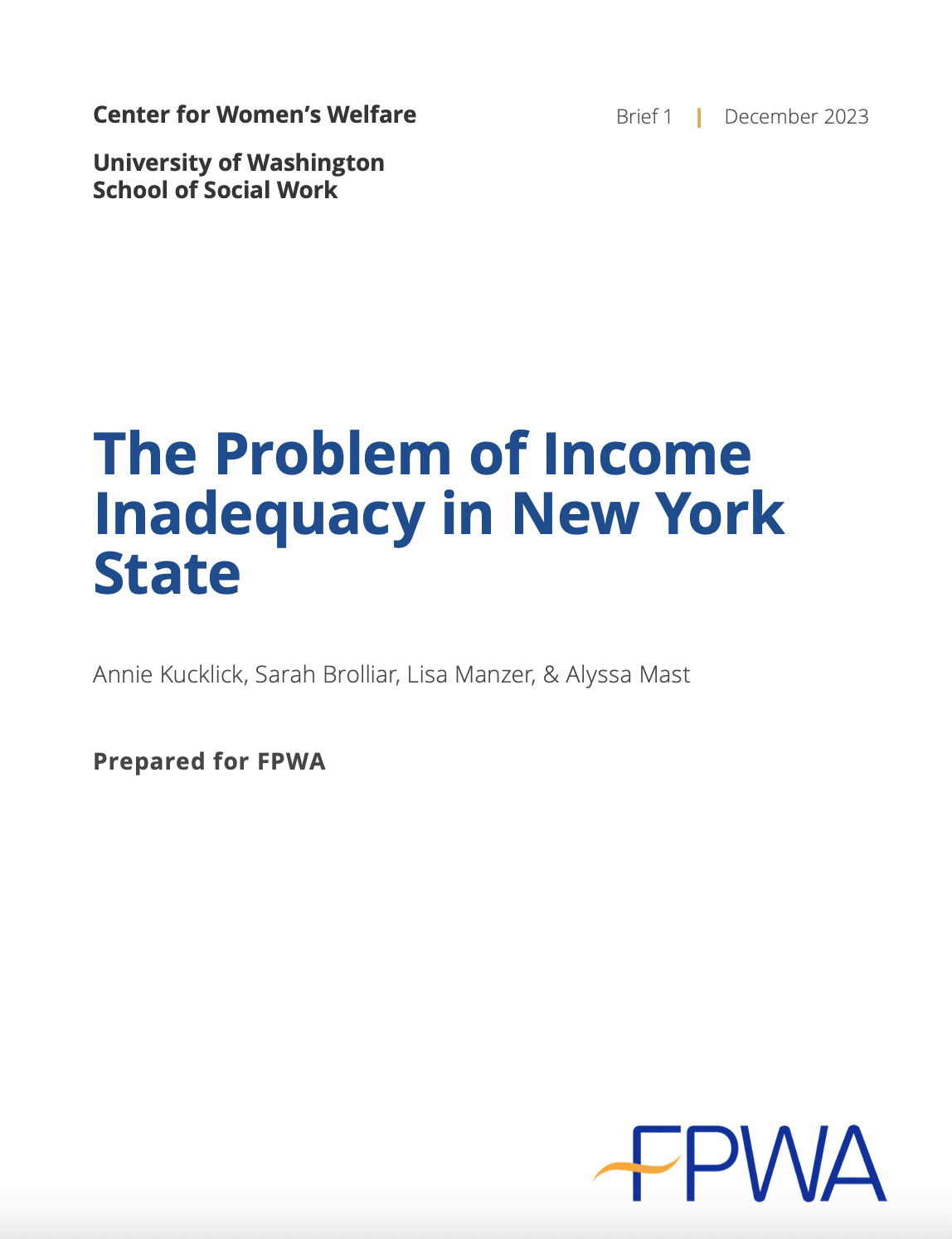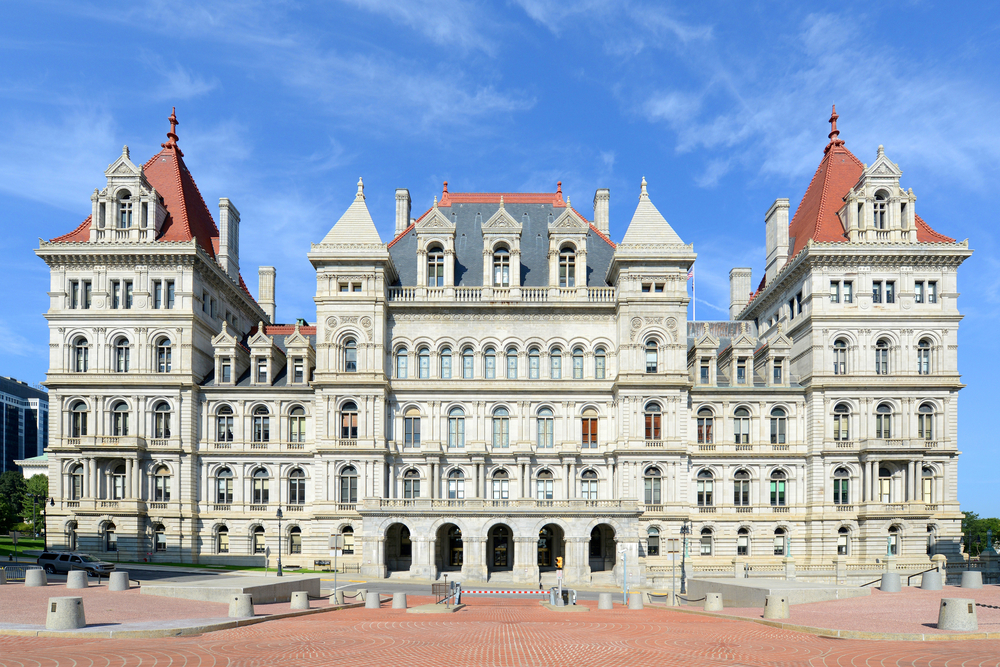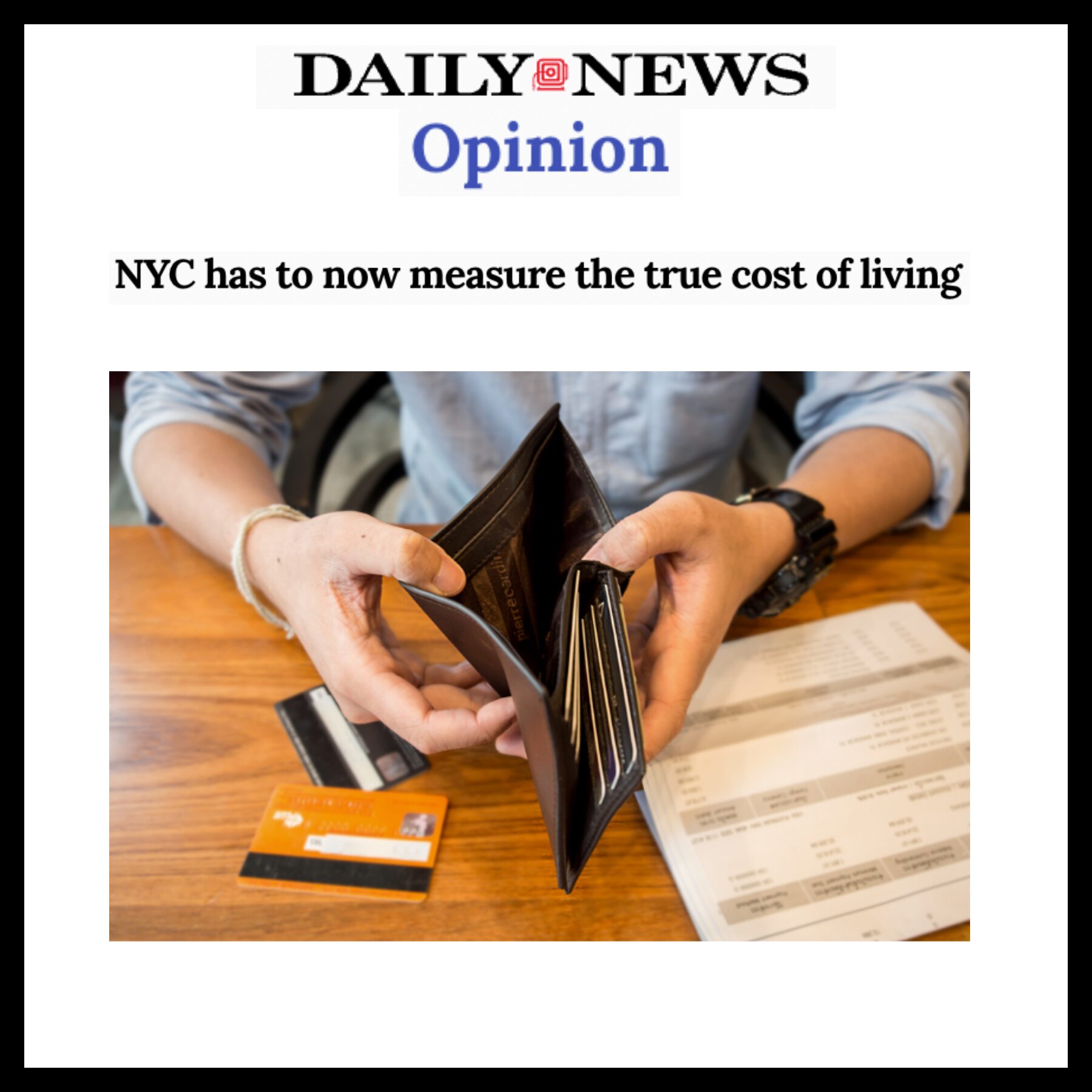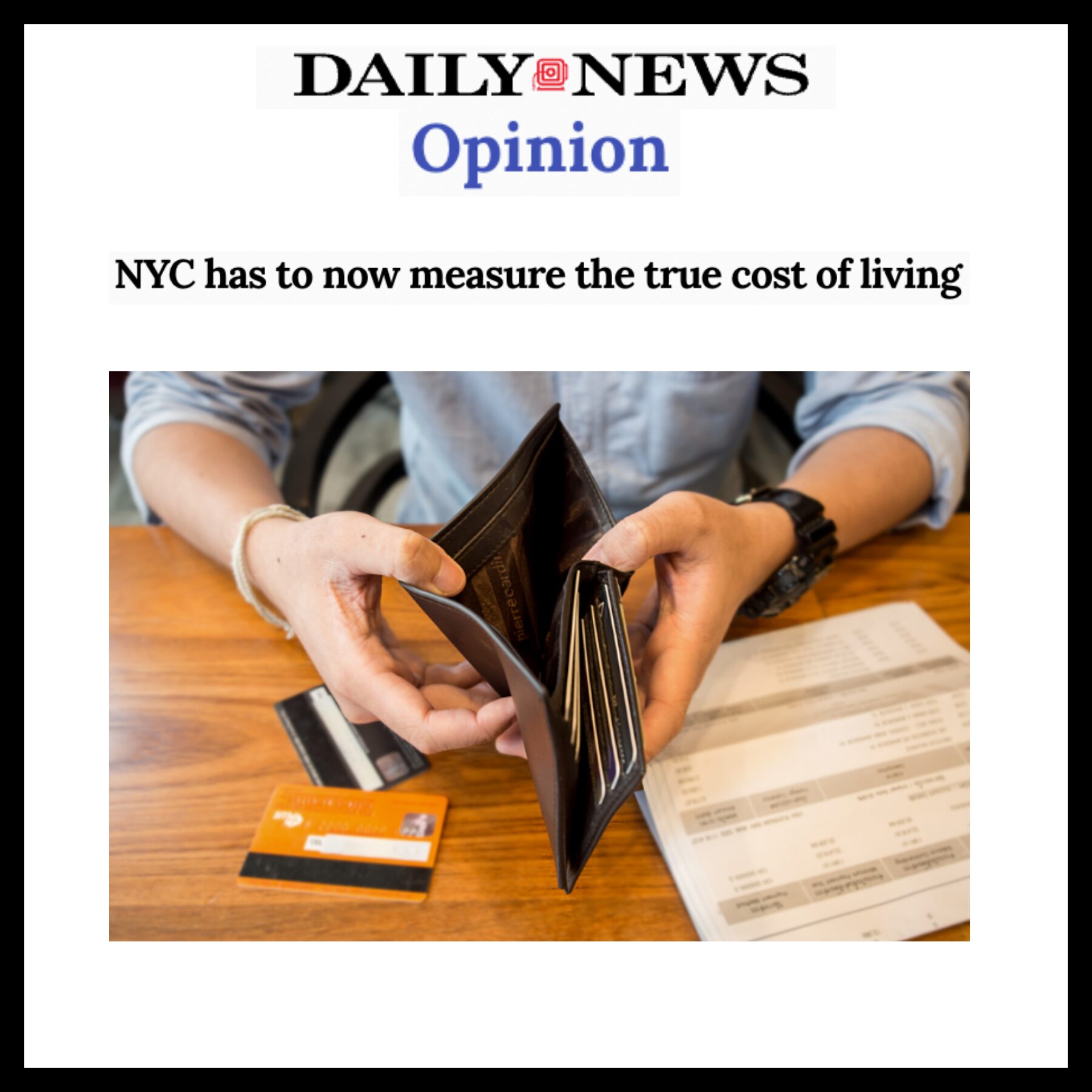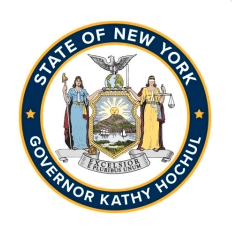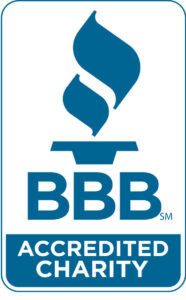For Immediate Release:
December 5, 2023
Contact:
Rachel Noerdlinger, rnoerdlinger@actumllc.com
Emma Brodsky, ebrodsky@actumllc.com
More Than Seven Million New Yorkers Can’t Afford Basic Needs
FPWA, University of Washington Release Analysis of Widespread Income Inadequacy in New York State As Budget Cuts Loom
Roughly Half of Black, Latine, Native, and Asian Households lack sufficient income to cover basic costs
New York, NY (December 5, 2023) — Leading anti-poverty policy and advocacy organization FPWA (the Federation of Protestant Welfare Agencies) today unveiled their latest report, “The Problem of Income Inadequacy,” which examines the state-wide struggle for New Yorkers to make ends meet. The findings reveal that New Yorkers, especially women and people of color, are struggling to keep households afloat without public or private assistance — a staggering 40% of New Yorkers’ incomes are too low to cover basic needs.
The data confirms that households across New York are squeezed between insufficient wages and rising costs. As pandemic-era provisions come to an end and inflation remains high, a record number of families, particularly those headed by women and people of color, struggle to pay even their most basic expenses.
“These findings should concern us all, especially since they may represent just the tip of the iceberg,” said FPWA CEO Jennifer Jones Austin. “The Self-Sufficiency Standard is a valid, bare bones measure of income adequacy, but it doesn’t consider all true costs such as the money needed to build for a more stable future, which all families should have the opportunity to pursue. This report helps highlight the systemic and structural devaluation of the work performed by women and people of color, and how that culminates in an economic system that prevents them from thriving. We must invest in families of color and women who persistently find their salaries insufficient to make ends meet and tear down the structural barriers that hold them back.”
The brief is the first of three developed in partnership with the University of Washington using the latest Self-Sufficiency Standard data, a basic living needs measure alternative to the Official Poverty Measure. While the Self Sufficiency Standard is an accurate measure, it only captures basic needs and not full costs of living, and as such the true extent of the issue is likely even greater than what is outlined in this report.
Key Takeaways using the Self-Sufficiency Standard:
• Nearly two out of five households in New York State cannot afford to cover their basic needs; more than 2.3 million households or nearly 7.5 million people struggle to get by on earnings alone.
• Even in households with no children, and therefore lower expenses, 78% of minimum wage workers struggle to make ends meet. Households of color are disproportionately represented among minimum wage earners.
• Essential workers don’t earn enough to make ends meet. Less than one in four people employed in the State’s fourth-highest employment occupation — home health aides — can meet their basic needs with wages alone.
• Nearly 60% of Latine and Native households and approximately 50% of all Black, Asian, Native Hawaiian, and Pacifica households do not earn enough wages to make ends meet. Years of racial bias have segregated people of color and women into lower-paid industries and have simultaneously depressed wages in professions where women-of-color are represented.
• Even householders of color who do achieve higher-paying occupations, particularly Black and Latina women, face racial bias in their earnings. Black women lawyers and judges earn a median hourly wage nearly $37 below that of their White male counterparts.
“The stark realities of income inadequacy highlighted in our findings reveal a critical need for a more robust and equitable approach at the city, state and federal levels,” said Raysa S. Rodriguez, FPWA’s Chief Policy and Program Officer. “Our State’s resilience depends on the well-being of every New Yorker, and it is imperative that we prioritize policies and initiatives that address these fundamental disparities and foster economic security and prosperity for all.”
“This report provides an invaluable foundation for developing equitable systemic solutions to New York’s economic challenges,” said Lisa Manzer, Director of the University of Washington’s Center for Women’s Welfare. “Beyond a collection of heartbreaking statistics; it is the first piece of a roadmap for policymakers, community leaders, and advocates to create meaningful and lasting change that benefits all New Yorkers.”
About FPWA
FPWA is a leading anti-poverty policy and advocacy organization dedicated to strengthening human services organizations and faith institutions, and advancing economic opportunity and justice for New Yorkers with low incomes. Since 1922, FPWA has driven groundbreaking policy reforms to better serve those in need. We work to dismantle the systemic barriers that impede economic security and well-being, and strengthen the capacity of human services agencies and faith organizations so New Yorkers with lower incomes can thrive and live with dignity.
###

